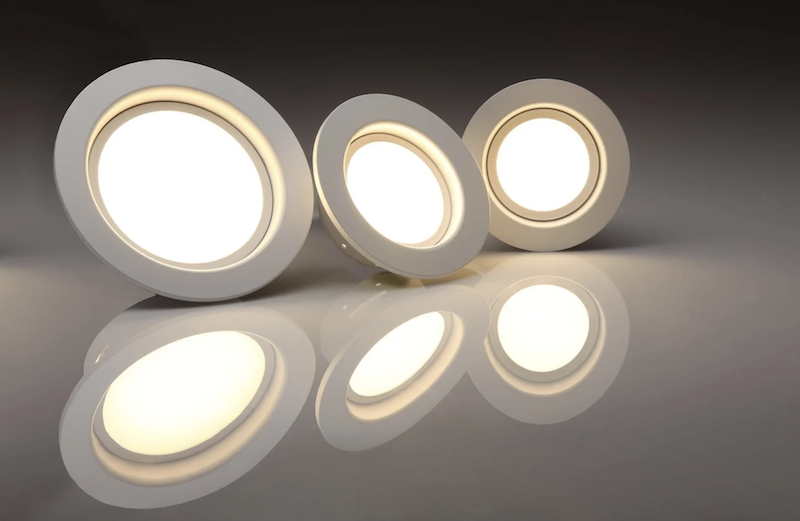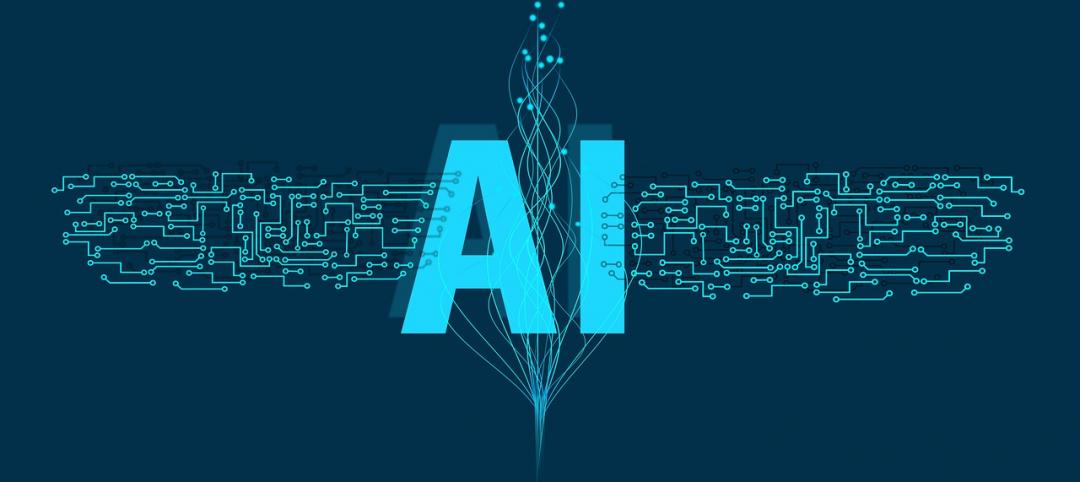The U.S. Department of Energy recently released a report on the initial performance and reliability of chromaticity sensors used for tunable LED lighting systems.
This study found that a chromaticity sensor used in the control system of a tunable lighting installation has high reliability, even under relatively harsh test conditions. The study examined the initial performance and aging characteristics of a sensor consisting of a series of six photodiodes that respond to different wavelengths to adjust illuminance, correlated color temperature (CCT), and chromaticity.
The sensor devices were exposed to a 5,000-hour accelerated stress test: one group at a continuous room temperature operating life, a second at a continuous but elevated ambient temperature of 75°C, and a third in a temperature-humidity environment of 75°C and 75% relative humidity (also known as a 7575 environment).
No abrupt failure of the sensor was found after 5,000 hours of testing, even in the relatively harsh 7575 environment. Just one parametric failure after 5,000 hours of 7575 testing was observed. Such a failure produces a change in a tunable device that would be noticeable to an observer. Light from the tunable fixture would likely be blue-shifted.
Related Stories
Codes and Standards | Nov 29, 2021
Ithaca, N.Y., votes to electrify, decarbonize all its buildings
First initiative of its kind in U.S.
Codes and Standards | Nov 29, 2021
FAA seeking design of air traffic control towers of the future
Call for design submissions for safe, efficient structures.
Codes and Standards | Nov 28, 2021
Efficient electric water heaters in multifamily buildings significantly reduce carbon emissions
In buildings with 5+ units, water heating uses more energy than space heating, cooling, or lighting.
Codes and Standards | Nov 23, 2021
New York’s Labor Law Section 240 and how it affects general contractors
The ‘Scaffold Law’ was first enacted by the New York State Legislature in 1885 and is one of the single most-used laws in construction accident cases.
Codes and Standards | Nov 22, 2021
ABC’s Construction Technology Report finds focus on solving operational problems
More than half rely on project management software.
Codes and Standards | Nov 22, 2021
Contractors say 811 utility location system has significant flaws
More than half of firms in survey report damages, near misses because lines were unmarked or marked incorrectly.
Codes and Standards | Nov 19, 2021
Creating net-zero/net-positive buildings is top priority in Green Building Trends 2021 report
Findings also demonstrate compelling business case for building green.
Codes and Standards | Nov 19, 2021
Construction Startup Competition 2021 awards highlight tech innovations
AI-powered software to identify and explain critical issues in construction contracts takes top prize.
Codes and Standards | Nov 18, 2021
Infrastructure bill contains $5 billion for energy efficiency in buildings
Wide range of programs to reduce energy use, improve materials, train workers.
Codes and Standards | Nov 17, 2021
Skanska will provide embodied carbon assessments on all new projects over 53,000 sf
Will use the Embodied Carbon in Construction Calculator it helped create.

















